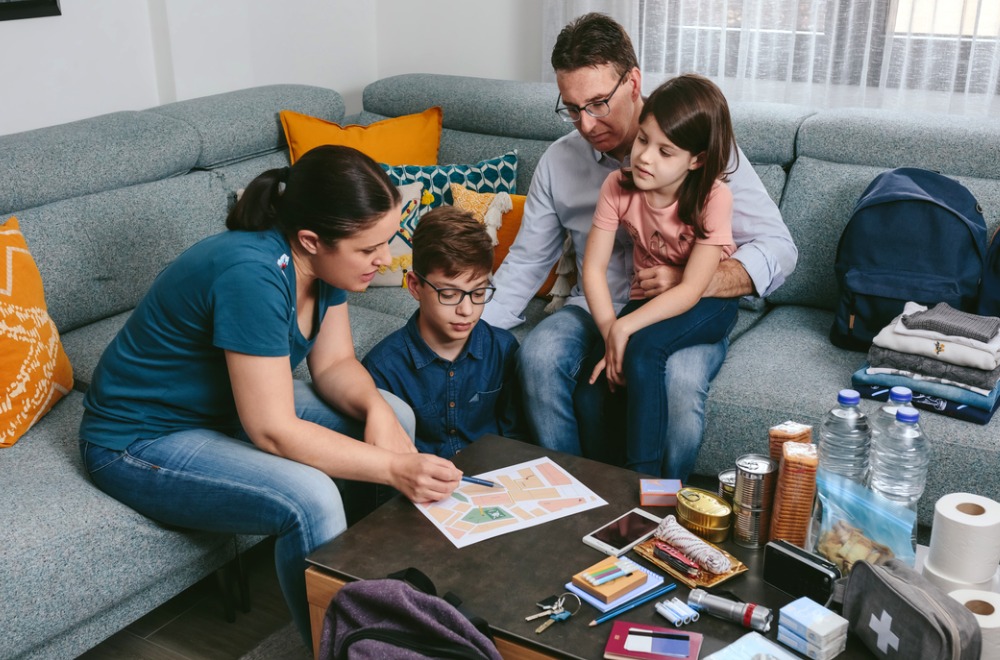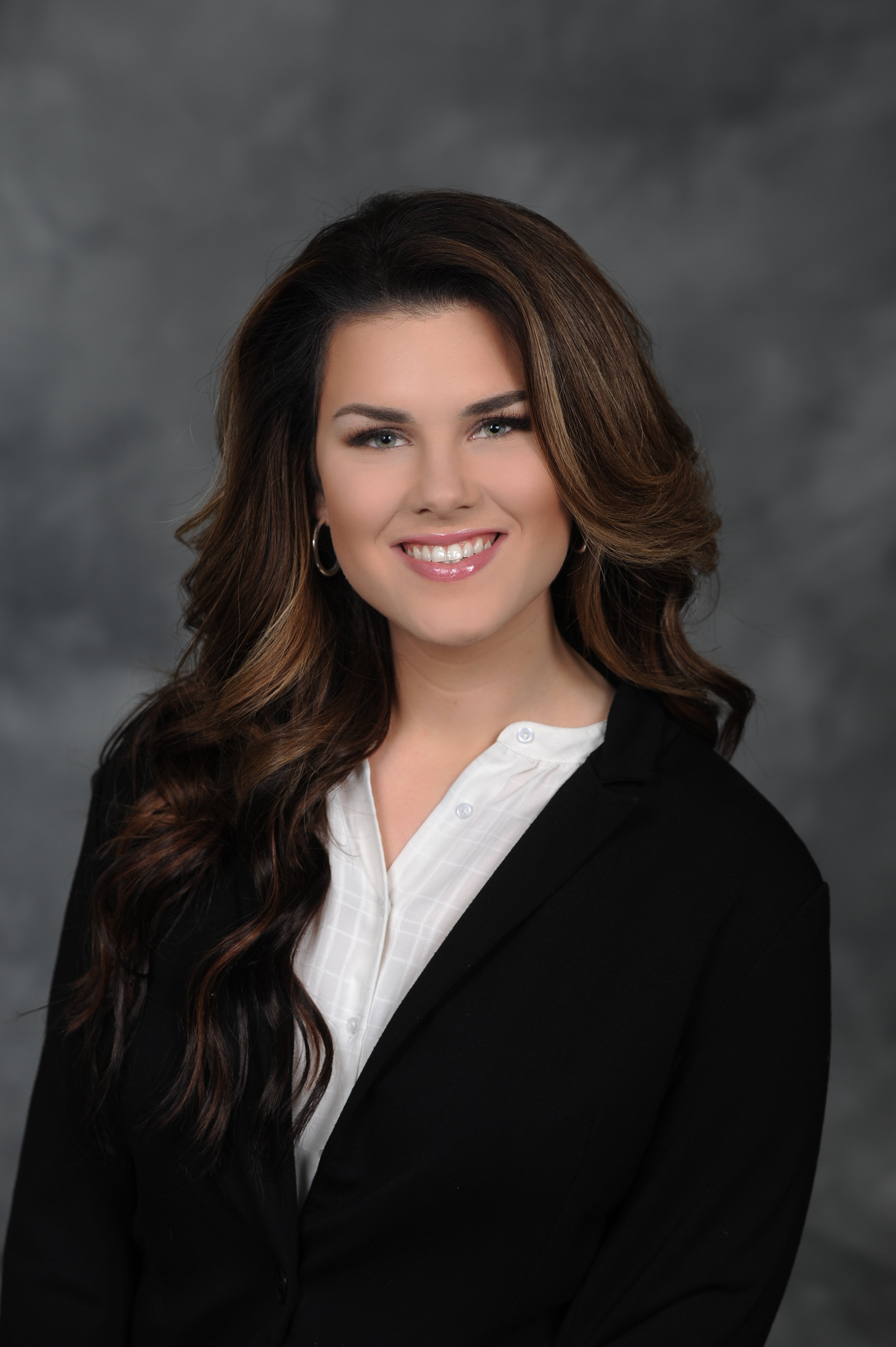Preparation is key when you live in an area that experiences hurricane season for six months out of the year. You may already have a plan for home preparation and evacuation, but do you have a plan for your finances in the event of a natural disaster?
Check out the BALANCE blog below for tips to prepare financially before a natural disaster.
Whether due to fire or flood, earthquake or hurricane, powerful forces of nature can lead to financial devastation if you or your home is in its path. But while you can’t stop a catastrophe from happening, you can take preventative measures. Doing so will cushion the blow that such a disaster can have on your personal finances.
Be adequately insured
Paying for insurance can feel like a waste of money during the good times – but if a disaster strikes, you’ll be grateful you have it. Having the right insurance will enable you to recoup and rebuild at the lowest cost.
Homeowners: A minimum level of insurance is required if you have a mortgage, but to ensure that you are fully covered, you may need to add to it. A guaranteed replacement cost policy allows you to rebuild your house at today’s prices. If your current policy does not cover the cost of meeting current building codes, consider paying a little extra for it. Homeowners insurance does not include flood damage, so if this is a concern for you, look into purchasing flood insurance. If your home is in an earthquake-prone area, you may want to pay for earthquake insurance.
Renters: Insurance is usually not required for renters, but it is still beneficial to have. Renters insurance provides liability protection and pays for damaged, destroyed, or stolen property. It also covers the cost of a hotel if your home becomes uninhabitable. Best of all, renters insurance is cheap, usually not costing more than a few hundred dollars a year.
Life: Life insurance can ensure that your loved ones are taken care of if the unthinkable happens. There are two basic types of life insurance: term and cash-value. Term insurance is pure life insurance. You pay the premiums for a specific period of time, and the policy will only pay out if you die during the policy term.
With cash-value life insurance, part of your premium pays for the policy and part of it goes into a savings plan. You can keep the policy as long as you pay the premiums. You can also borrow against the money in the savings plan or cancel the plan and get the cash back. However, the premiums are generally higher for cash-value life insurance, and it may not be worth the extra cost if you don’t anticipate needing life insurance for the rest of your life.
Establish an emergency fund
One of the reasons it is a good idea to establish an emergency fund is so that money will be readily available in the event of a disaster. So if you haven’t started saving, do it now.
Have a set sum deducted monthly from your checking account and automatically deposited into a savings account. Try to save at least ten percent of your net income until three to six months of essential expenses is built up (and after that, keep saving, with the surplus going toward other goals). Though the amount may seem high at first, chances are you will quickly adjust to living on the remaining income. But if you can’t do at least 10%, save whatever you can – every little bit helps.
While most of your emergency fund should be held in a low-risk account where there are no penalties for early withdrawals, such as a savings account or money market deposit account, keep a small amount of cash in your home. You may not be able to get to your financial institution or an ATM machine for a while.
Keep your credit card balances down
While credit cards are not intended to take the place of an emergency fund, they can be very useful if you need to check into a hotel or rent a car during a crisis. And if you absolutely have to use them as a cash source, you don’t want to build a bigger balance than you can reasonably pay off when the dust settles.
If you currently have credit card debt, concentrate on repaying what you owe. Once the balances are low or nil, commit yourself to living within your means so you don’t run them up.
Plan your estate
Nobody likes to think of their own mortality, but if you have loved ones who depend on you for financial support, it is important to plan your estate.
Will: A will allows you to leave property to who you want. Dying “intestate” (without a will) can lead to court battles that can dramatically erode the value of your estate and assets being transferred to those who may not be your preference. Be sure to update your will after major life events, such as marriage, divorce, or the birth of a child.
Power of attorney: A power of attorney document allows you to appoint a trusted individual to make financial or medical decisions on your behalf if you become unable to do so. It can give you peace of mind that your affairs will be conducted according to your wishes – even in the most dire of circumstances.
Trust: A trust is a legal entity in which your property is held for the benefit of another person. It can be either living, in which the assets are placed in the trust while you are still alive, or testamentary, which is created by a will and only becomes active after death.
Assets in a trust avoid the probate process, but a trust can be costly and time-consuming to set up and maintain. It is generally used by people with a significant amount of assets or who do not want the benefactor to have total control of the asset. E.g., a parent of a special-needs child may set up a trust so that the trustee can oversee the distribution of the funds.
Safeguard your financial information
A disaster can force you to leave your home in a hurry and destroy items that are not well protected, so it is important to gather and safeguard important documents now.
In a home safe or firebox, keep:
- Enough cash for a few days worth of food and shelter
- Insurance policy documents
- Copies of deeds/titles for your home, car, and other real property
- Copy of last year’s income tax return
- Originals of wills, powers of attorney, and/or trust agreements, if not with your attorney
- Backup of computerized financial records
- Checking and savings account, loan, credit card, and investment account information
- Key to your safe deposit box
In a safe deposit box, keep:
- Deeds/titles to your home, car, and other real property
- Appraisals of expensive jewelry and heirlooms
- Certificates for stocks, bonds, and other investments
- Copies of wills, powers of attorney, and/or trust agreements
- Inventory of possessions
When the skies are clear and the forecast balmy, the desire to put off planning can be very strong. However, nobody knows when and to what degree a catastrophic event will occur – which is why being prepared is so crucial. And once you have done it, you will be confident that even if the earth shakes, your financial foundation will remain firm.





